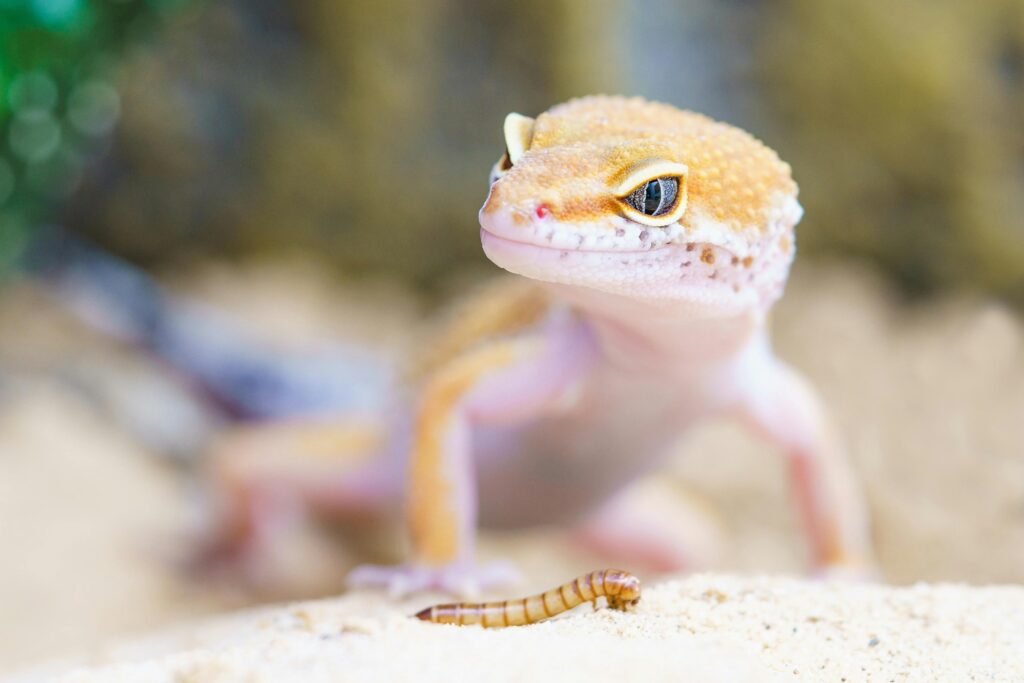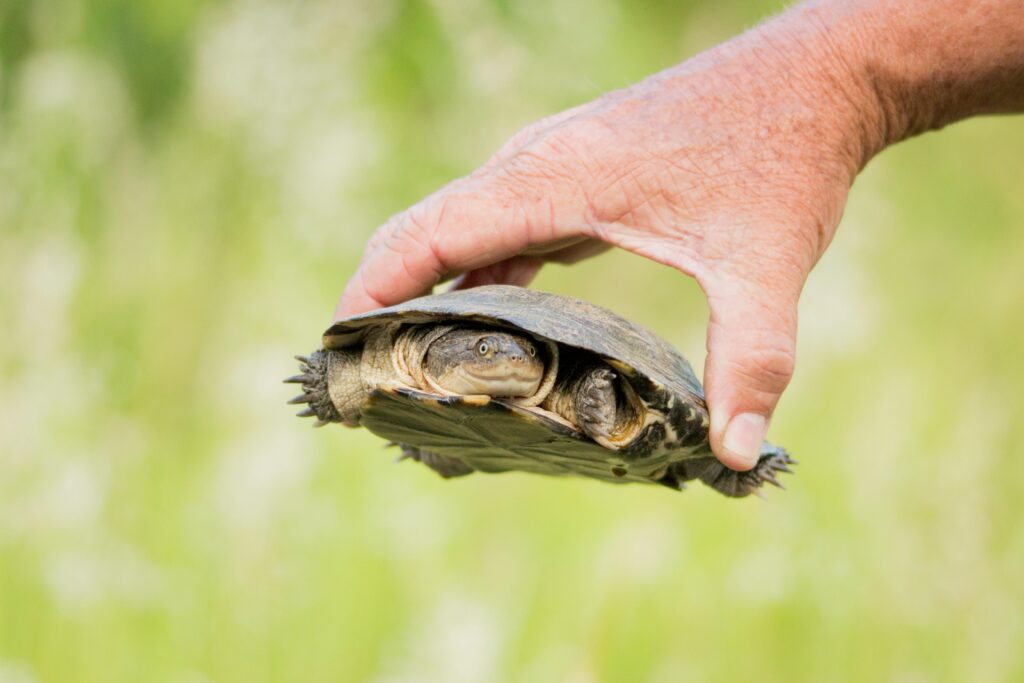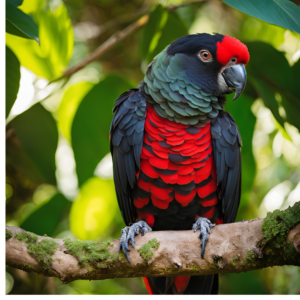A Comprehensive Guide to the Benefits and Challenges of Ownership

Embracing the ownership of an exotic pet can be a thrilling and fulfilling journey. The allure of vibrant birds and distinctive reptiles provides a touch of the wild, a piece of nature’s mosaic that captivates many. Yet, this adventure is not without its intricate tapestry of responsibilities. Aspiring owners must grasp the complexities involved. Exotic pets necessitate a particular brand of nurturing, encompassing tailored diets and habitats, to flourish. This level of care elevates the commitment beyond the realm of conventional pets such as dogs and cats. It’s a path that demands understanding and dedication, but for those who are ready, it promises a unique bond with the animal kingdom.
In this piece, we delve into the advantages and challenges of having an exotic pet as part of your household. Our aim is to guide you through a well-rounded decision-making process should you contemplate welcoming such a unique animal into your life. By weighing the positive aspects alongside the possible complications, you’ll be better equipped to assess if an exotic pet aligns with your day-to-day living environment.
A Unique and Fascinating Bond

The allure of having an exotic pet lies in the unique bond one can form with an extraordinary creature seldom seen in everyday life. Imagine a parrot echoing your words, a snake gliding elegantly in its space, or a lizard showcasing a kaleidoscope of colors—these are the unparalleled experiences that exotic pets provide, a stark contrast to the usual domesticated companions. They infuse your daily routine with a touch of the extraordinary, prompting a deeper appreciation and understanding of their origins and instinctual behaviors.
Exotic pets are known for their captivating behaviors, distinct from the common antics of dogs or cats. Take, for instance, reptiles that can camouflage themselves by altering their coloration, blending seamlessly with their environment, or consider the cockatoos, which are highly sociable, mastering various tricks and even developing the ability to communicate verbally. These unique characteristics make the journey of exotic pet ownership a singularly fascinating adventure.
Low Maintenance (In Some Cases)
Surprisingly, certain exotic pets are relatively low-maintenance compared to traditional pets. Reptiles such as snakes or lizards, for instance, do not require daily walks, and some can go several days without eating. Fish, amphibians, and even certain small mammals also have care requirements that don’t involve a lot of daily attention. This can be appealing to people with busy lifestyles or those who prefer pets that are more independent.
However, low maintenance doesn’t mean they don’t need care at all. Owners still need to provide the right environment, temperature, and diet to ensure their exotic pet’s health.
Allergy-Friendly

For individuals who suffer from pet allergies, exotic pets like reptiles, amphibians, or certain birds can be a great option. Unlike traditional pets that shed fur or dander, many exotic pets do not cause allergic reactions. This makes them a wonderful alternative for animal lovers who want a pet but cannot have a dog or cat due to health concerns.
Specialized Care and Knowledge
One of the biggest challenges of owning an exotic pet is the need for specialized care. Exotic pets often require specific habitats that replicate their natural environments. This means you might need to invest in special heating lamps, enclosures, and other equipment to meet their unique needs. Their diets can also be complex, as some may require live food or specific types of plants, which can be harder to find and more expensive than standard pet food.
For example, reptiles like chameleons need precisely controlled temperatures and humidity levels to stay healthy, while parrots require a diet rich in fruits, nuts, and seeds. Lack of proper care can lead to health problems for exotic pets, so owners must be willing to do extensive research and provide consistent attention to detail.
Legal and Ethical Concerns

Before getting an exotic pet, it’s essential to consider the legal implications. Many regions have strict regulations on owning certain exotic animals due to conservation concerns, public safety, or environmental impact. Some species may even be illegal to own without special permits. Checking your local laws is crucial to ensure you’re complying with any restrictions and that your pet is acquired through ethical and legal means.
Moreover, the ethical considerations of owning an exotic pet can be significant. Some animals are captured from the wild, and their removal can negatively affect the ecosystem and contribute to the decline of species. Ethical pet ownership means considering how your choice impacts wildlife and the broader environment.
Higher Costs

Embracing an exotic pet as a member of your family is a journey filled with wonder, but it’s also a path that can come with a hefty price tag. Unlike the more common furry friends we’re accustomed to, these unique creatures often necessitate a range of specialized gear. From the right kind of habitat that mimics their natural environment to the specific dietary needs that can’t be found at your local pet store, the costs start to accumulate swiftly.
When it comes to their health, exotic pets are no small matter. They require the expertise of veterinarians who are versed in their distinct physiology and ailments. This specialized care often surpasses the expense of a routine check-up for your average dog or cat. It’s not just about more frequent visits; it’s about finding the right care that understands the complexities of their being.
Creating a comfortable abode for these animals isn’t as simple as a trip to the pet shop. You might find yourself investing in expansive, tailor-made enclosures or advanced climate control systems to replicate their indigenous surroundings. And life, being unpredictable, may throw you curveballs in the form of sudden illnesses or the need to mend or replace parts of their living quarters. These unforeseen costs add layers to the financial responsibility that comes with caring for an exotic pet.
Conclusion
Owning an exotic pet can be a deeply rewarding experience, offering a connection to unique animals that you may not encounter in daily life. The benefits of having an exotic pet include forming a unique bond, enjoying a low-maintenance pet (in some cases), and having a potential allergy-friendly companion. However, the challenges cannot be overlooked. Exotic pets require specialized care, can be expensive, and come with legal and ethical responsibilities that must be considered before ownership.
Whether or not an exotic pet is right for you depends on your willingness to meet their needs and handle the additional complexities they bring. If you’re prepared for the commitment, an exotic pet could become an incredibly rewarding addition to your life, providing you with years of fascination and companionship.




